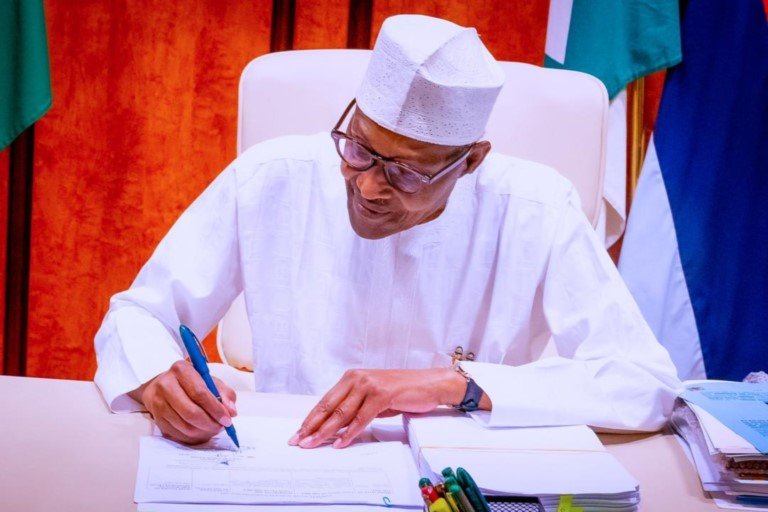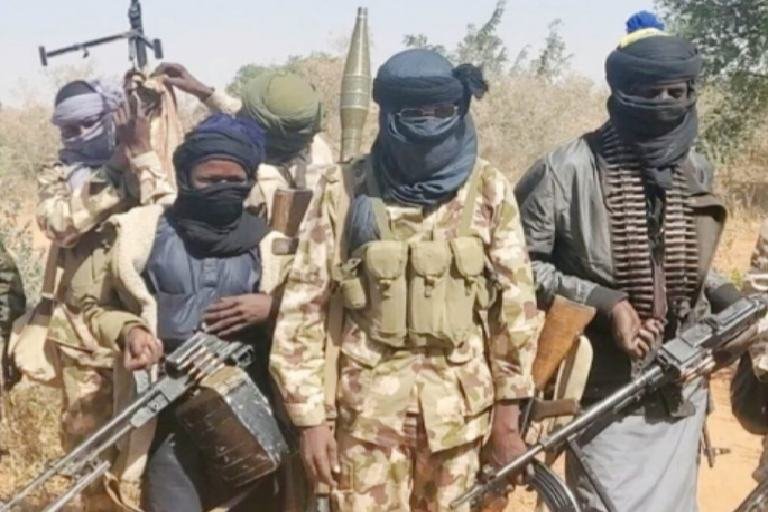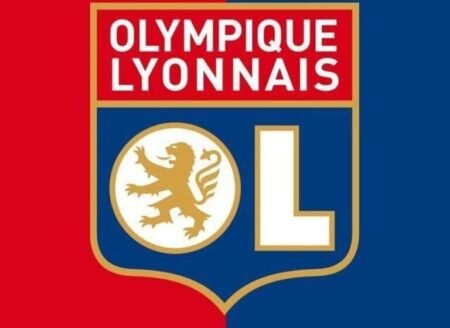President Muhammadu Buhari has authorised a change to the mini-bid procedure for the 2022/2023 Deep Offshore oil zone to address worries expressed by prospective local and foreign companies.
The Nigerian Upstream Petroleum Regulatory Commission (NUPRC) stated in Abuja on Saturday that the changes would handle worries about the current administration’s final date for the proposal schedule’s closing.
Mr Gbenga Komolafe, Chief Executive of the NUPRC, stated in the release that the changes would also bolster trust in the process’s openness and consistency.
Komolafe stated that the NUPRC had prolonged the limit for proposal submissions to May 19 following the president’s sanction.
He also stated that the timetable for completing contract talks and signatures had been pushed back to between July 3 and July 28.
The additional time would allow prospective foreign energy firms to engage in and complete required joint venture agreements with local businesses.
It would also enable all candidates to properly evaluate pertinent data, according to Komolafe.
He also stated that the proposal round was proceeding in compliance with the schedule released as part of the instructions.
“Outstanding activities for the exercise’s conclusion include the submission of technical/commercial bids and the negotiation and signing of ministerial consent/contracts.”
“The Technical/Commercial bid submission entails data access, purchase, evaluation, bid preparation and submission, bid evaluation and result publication, as well as a commercial bid conference and winner announcement.”
“The Commission is fully committed to conducting the bid round in a manner that ensures the achievement of the exercise’s objectives,” he stated.
Komolafe went on to say that continuous questioning and supervision of the process revealed two concerns that the Commission believed could jeopardise the exercise’s success if not handled quickly.
Concerns he raised included the plan to complete the proposal process before the transfer to the new administration and the need to ensure the involvement of competent local businesses while working jointly with international energy companies.
He stated that the partnership would utilise technology, money, and experience in the deep ocean.
Komolafe also stated that the NUPRC had declared the necessity for Joint Venture agreements between foreign energy companies and local businesses and that the rules had been modified appropriately.
He stated that the measure would handle the problem of cooperation between local and international energy firms and that it was also in line with and supported the proposal round’s Nigerian Content criteria.
According to Komolafe, it was also in line with the Nigerian Constitution, which stated that national resources should be utilised in a way that supported national wealth and an effective, vibrant, and self-sustaining economy.











